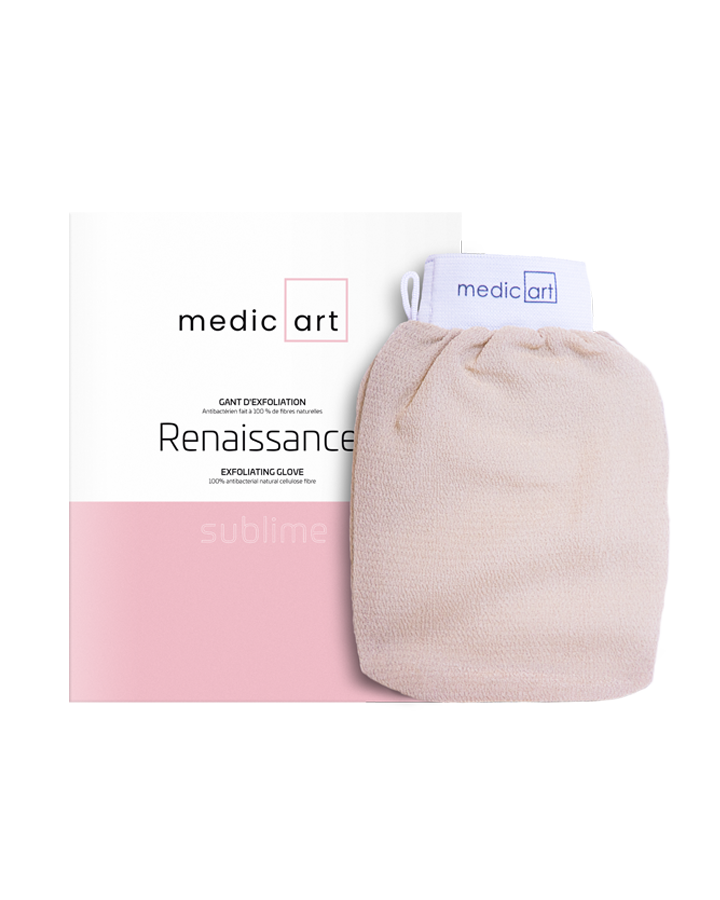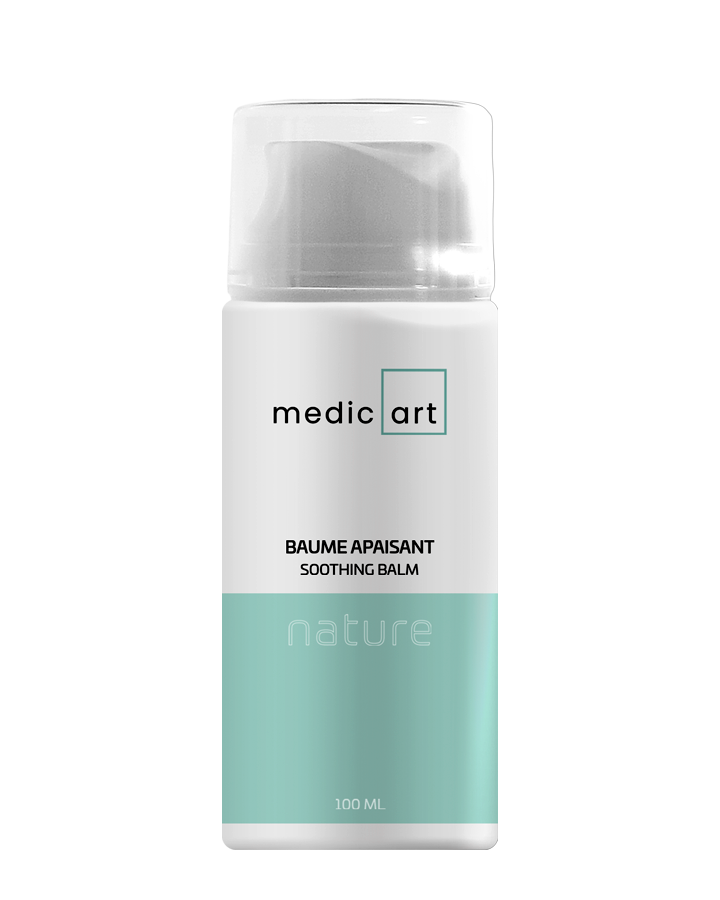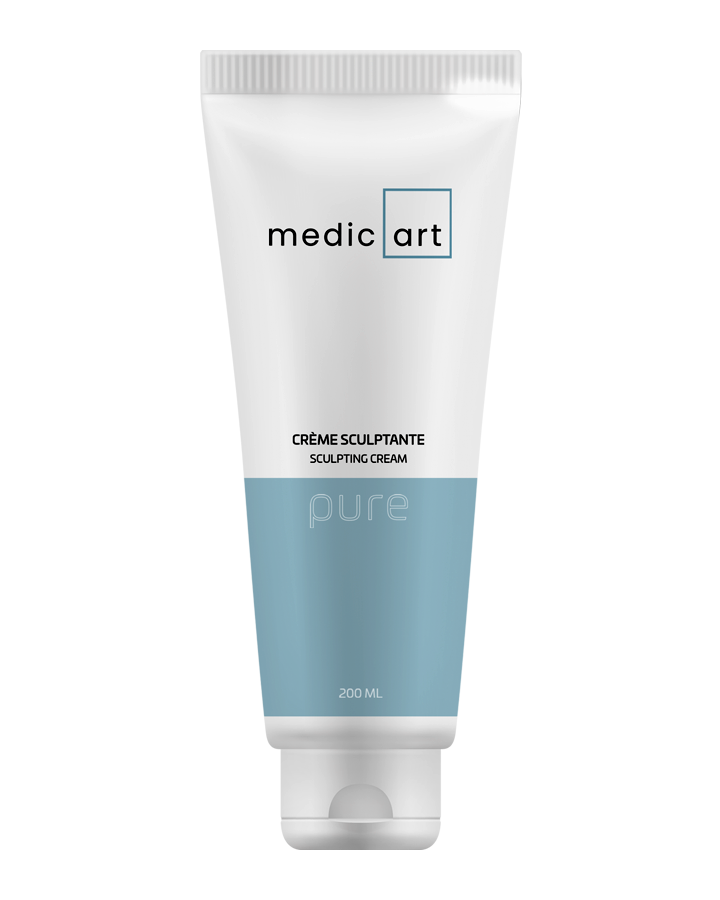Treat Varicose Veins, Spider Veins, and Rosacea Without Surgery Through Sclerotherapy
During a sclerotherapy procedure, a solution is injected into a varicose vein, causing it to close off and shrink into a thin line below the skin’s surface. Blood then reroutes through normal veins. This process gradually eliminates larger varicose veins within one to three months, and smaller burst veins or rosacea within one to two weeks.
For medium-sized varicose veins and spider veins, a simple saline solution injection is often sufficient. This mild solution may cause a harmless inflammatory response, which causes the medium-sized varicose veins or spider veins to disappear. Reticular veins (medium-sized veins) and injections for spider veins are usually treated after larger varicose veins.
Almost all varicose veins can be treated with sclerotherapy. The larger, deeper varicose veins are injected before the smaller burst veins.
Sclerotherapy can also be used to treat rosacea.
The Medicart clinics offer treatments for varicose veins, including ultrasound-guided sclerotherapy, endovenous laser treatment and the VenaSealMD procedure.
With you from start to finish
- Evaluation of your needs with a phlebology expert from Medicart
- Safe treatment performed by our medical team
- Post-treatment recommendations

How does sclerotherapy work?
The treatment of varicose veins by sclerotherapy begins with an initial consultation with a doctor to discuss symptoms, medical history, and to evaluate the varicose veins.
During the treatment, the doctor injects a solution directly into the varicose veins using a fine needle.
The pain associated with sclerotherapy varies from person to person. The treatment is often comparable to a mosquito bite. Sensitivity may occasionally persist for a day or two, similar to a bruise.
Sclerotherapy may require several sessions to achieve the desired results. The treatment does not require any recovery time. An annual examination helps monitor progress and maintain beautiful legs continuously.
Medicart does not practice medicine. Only members of the College of Physicians are authorized to perform medical acts reserved by law.
Make an appointmentFAQ
How much does sclerotherapy cost?
A free information session is offered to patients who wish to learn more about our services, treatment pricing, payment options, promotional offers, customer benefits, treatment procedure, and much more. A simple clinic call is all it takes, and we will address your inquiries. We understand that each individual is unique with specific needs, which is why we tailor our treatment plans. For Ontario patients, consultations for vein treatments offered at Medicart Ottawa clinic are covered by OHIP. Details available at the clinic.
I hate needles, but Dr. Dominic St-Amour is patient and experienced. He pricked my varicose veins with great gentleness and I didn't suffer. When an appointment involves about thirty injections, it makes a real difference! After the treatment, my varicose veins disappeared, and the sensation of heavy legs as well. I am very satisfied with the result for my health... and for my self-esteem!
A Recognized Expertise

-
At the cutting edge of technology
To ensure your safety and best results
-
Protocol supervised by our medical management
Sclerotherapy is recommended for treating varicose veins
-
Competitive and affordable prices
For natural beauty at a competitive price
-
Complementary care
Offering a wide range of compression socks




